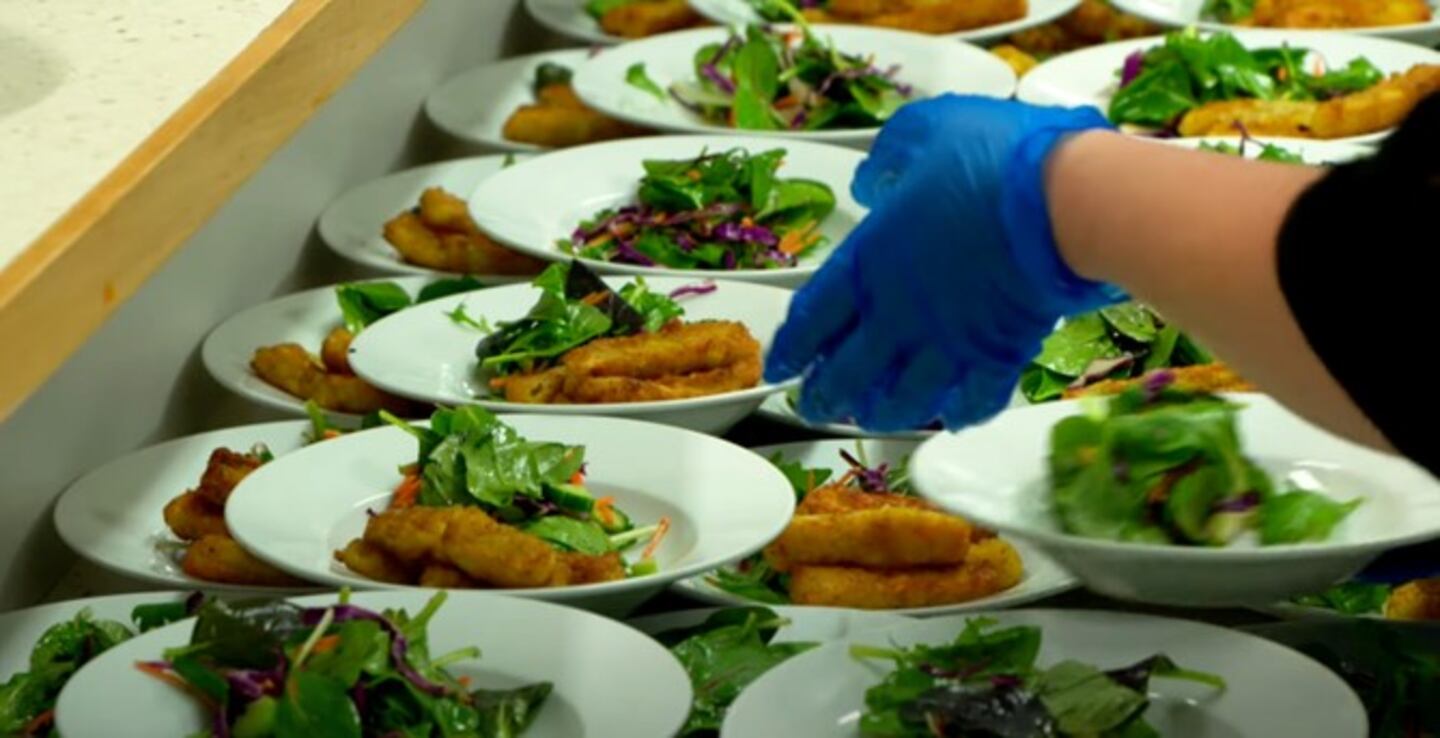Wātea School principal Zara Buckman says if school lunches go, the school might see a decrease in academic performance.
She says school lunches have helped whānau greatly in her Favona, Auckland school.
Wātea School is one of many around the country that provide free school lunches for students.
Those free school lunches may be facing the scrap heap, with Associate Education Minister David Seymour considering cutting funding by up to half. Seymour told RNZ’s Checkpoint this week 10,000 lunches were wasted each day and there was no hard evidence the programme, which cost about $325 million a year, improved school attendance or achievement.
The Ka Ora, Ka Ako initiative was introduced by the Labour government in 2019 and has provided lunches for more than 230,000 students across the country.
However, the minister may have jumped the gun, as new Massey University research has revealed clear benefits.
Improved student outcomes
Research from the School of Health Sciences at Te Kunenga ki Pūrehuroa Massey University has found inroducing Ka Ora Ka Ako at Dannevirke High School from 2021 has led to improved student outcomes and reduced food insecurity, as well as enhanced learning, behaviour and engagement. The programme has also seen stronger relationships formed between students and staff.
“The Dannevirke High School model shows that when thoughtfullyplanned, school meal programmes create environments that enable students to thrive,” research team member Associate Professor Chrissy Severinsen says.
The school opted to leverage an old hostel building to develop a commercial kitchen and refresh the dining hall rather than outsourcing meals. Students and staff eat together in the wharekai each day.
Research team member Dr Angelique Reweti (Ngāpuhi), says, “The wharekai has strengthened bonds between students and staff, while tackling issues like hunger and other barriers to learning. It has become a cornerstone of the school culture.”
She says that beyond addressing hunger, teachers have reported the programme has improved student concentration, behaviour and engagement, as well as stronger student-teacher and student-student relationships. There have also been other noticeable benefits, such as reduced waste from pre-packaged meals and a cleaner school environment.
‘Dramatic gains’ at risk
Reweti says the Dannevirke High School example is a powerful reminder of what Ka Ora Ka Ako can do.
“It’s not only mitigating hunger, but also enriching the educational experience for students. By fostering a sense of community and belonging, improving engagement and enhancing academic performance, the programme demonstrates the vital link between student wellbeing and educational achievement.”
The research team are concerned that discontinuing Ka Ora Ka Ako could risk reversing the dramatic gains in learning, behaviour, culture and wellbeing that have been seen at schools like Dannevirke High School.
They are urging policymakers to consider the research before making decisions that could detrimentally impact communities.
“We welcome discussions on improving implementation but, if we were to lose the programme, we risk losing substantial benefits to culture, health and education,” research team member Associate Professor Bevan Erueti, (Taranaki, Te Atihaunui-a-Pāpārangi, Ngāti Tūwharetoa) says.
Dannevirke High School principal Di Carter shares these concerns: “Please do not let this go away. It’s too good. It’s for our students, for their learning. We need it.”




